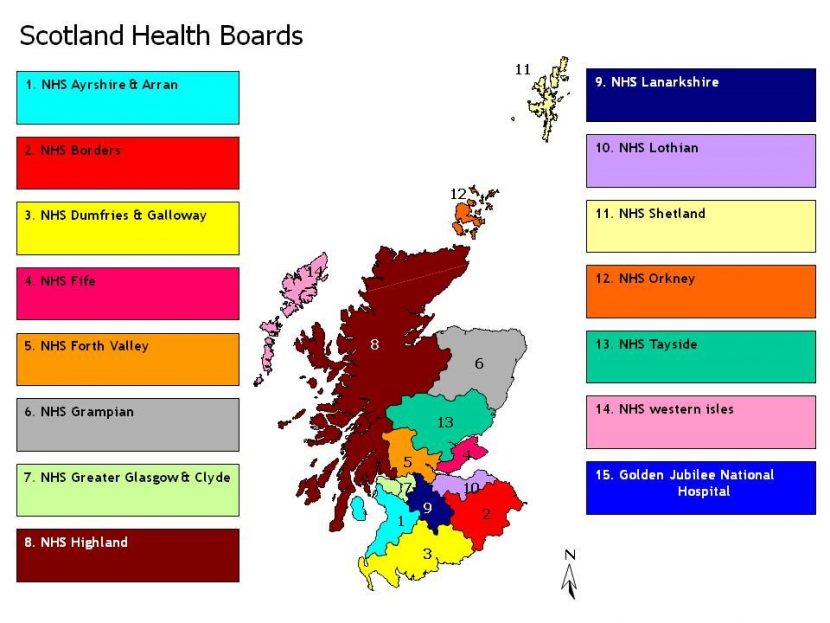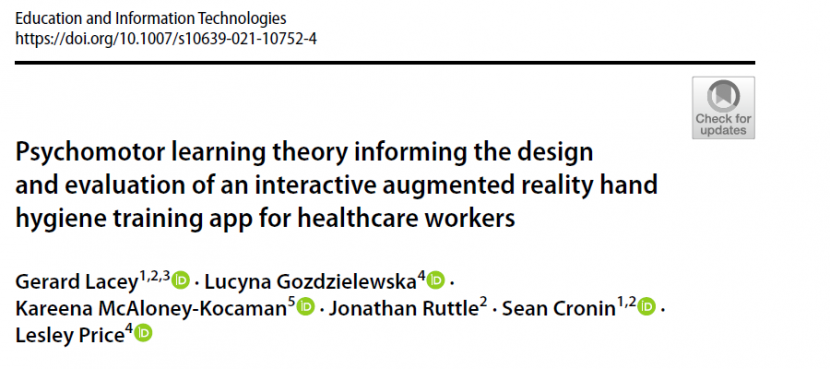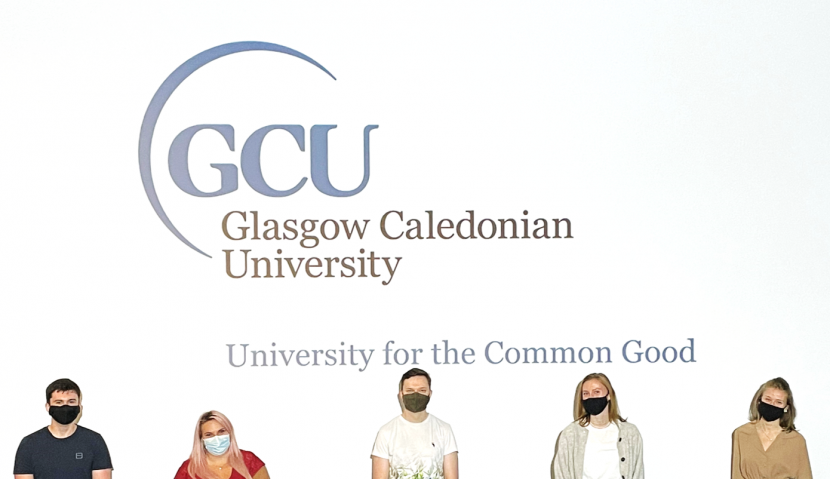What Infection Prevention and Control is and why it’s a global issue
Claire is a graduate of the University of Glasgow with a post-grad Diploma in infection prevention and control (IPC) and a MSc in medical sciences (travel medicine). In 2023 she was awarded a Doctor of Science for impact in the areas of IPC, water, sanitation and hygiene and patient and health worker safety by Glasgow…



